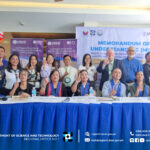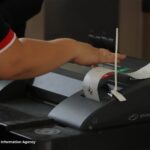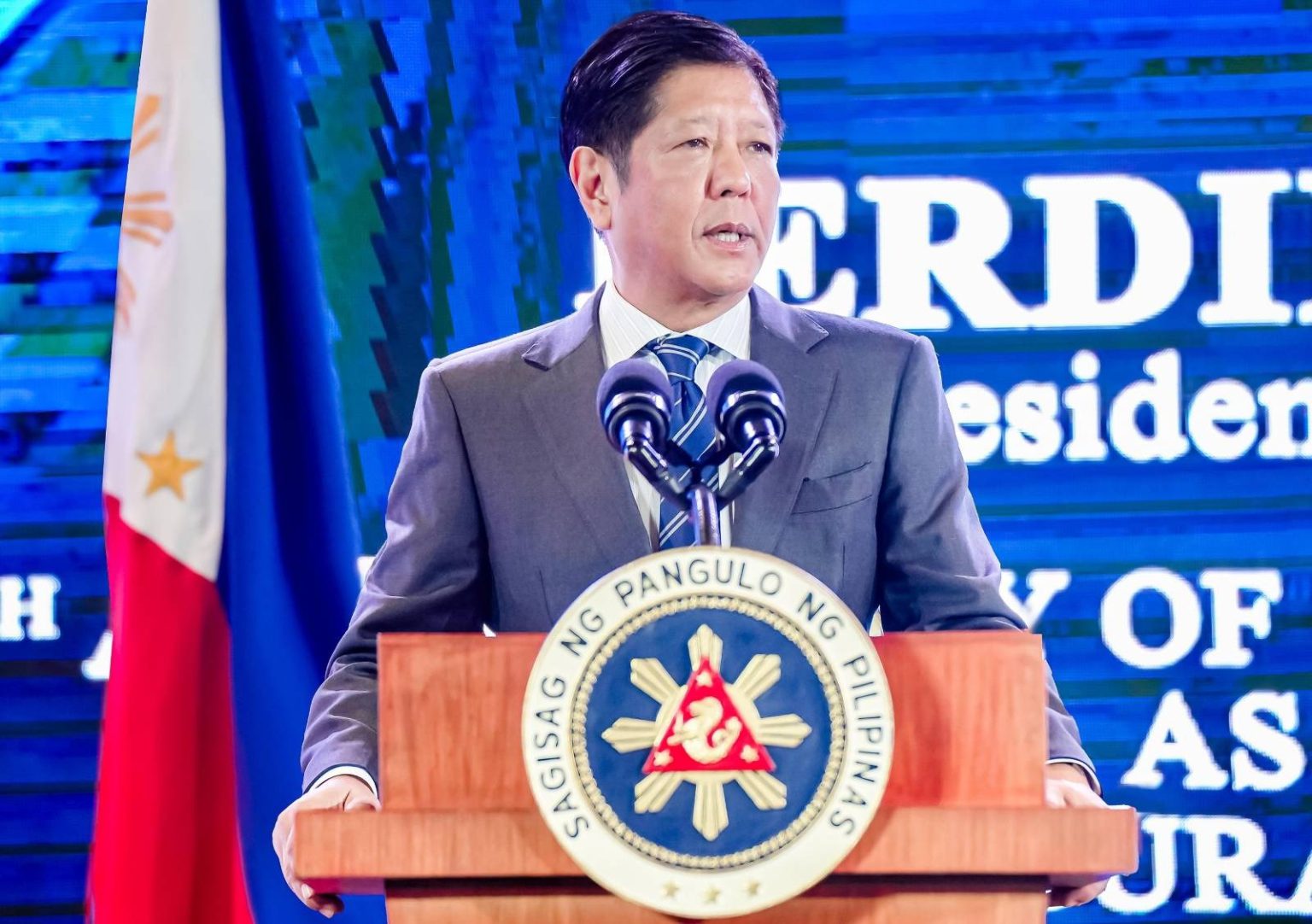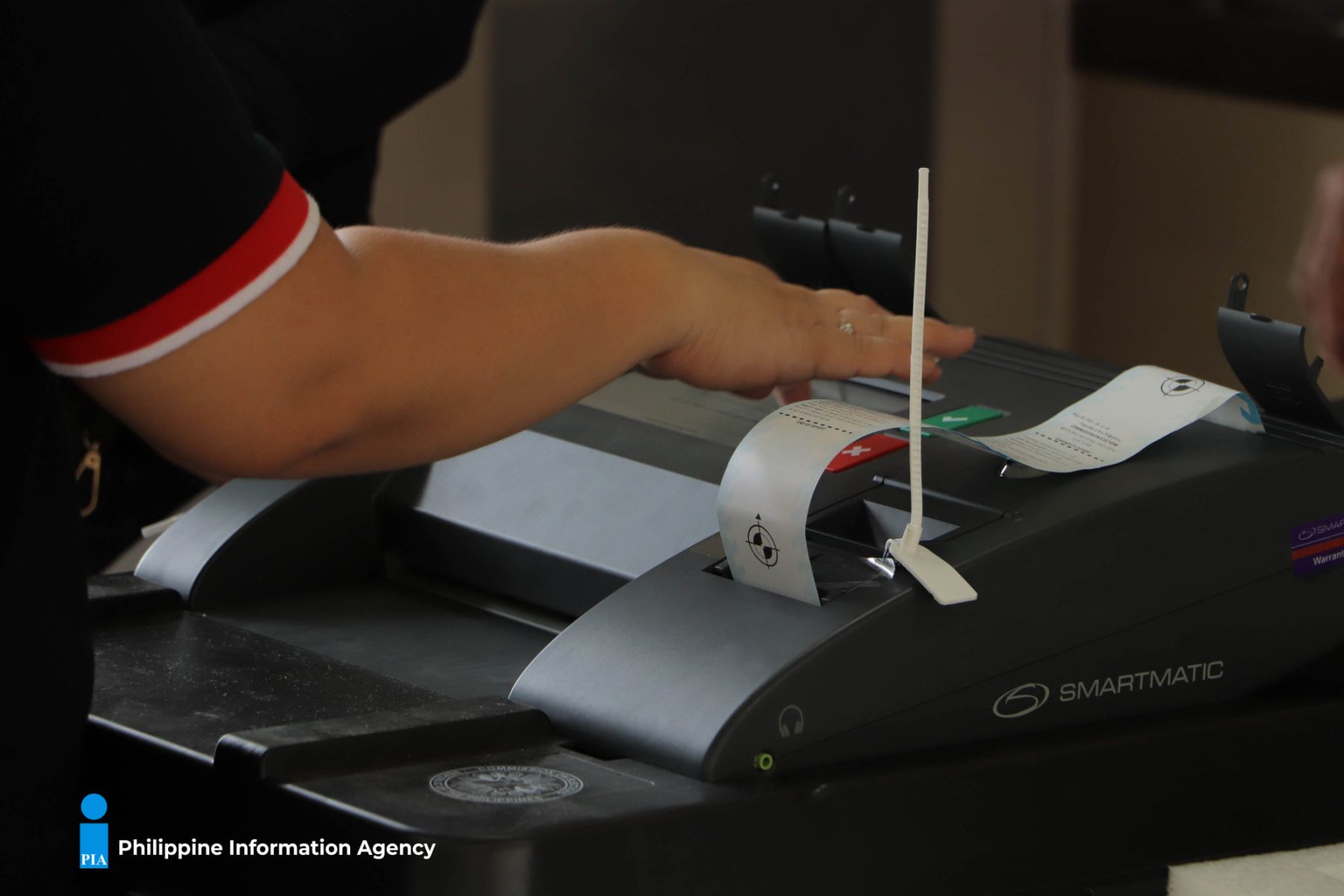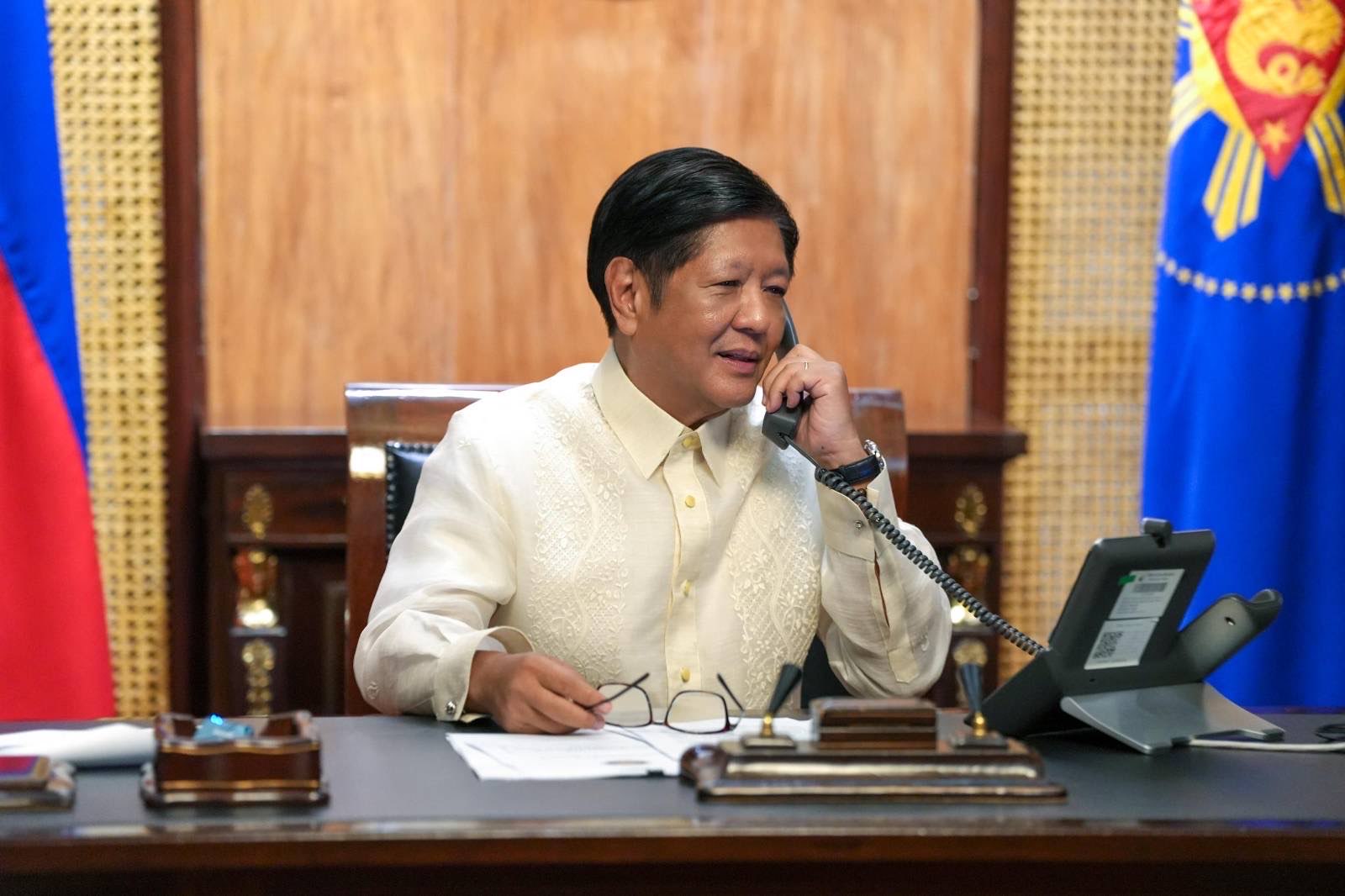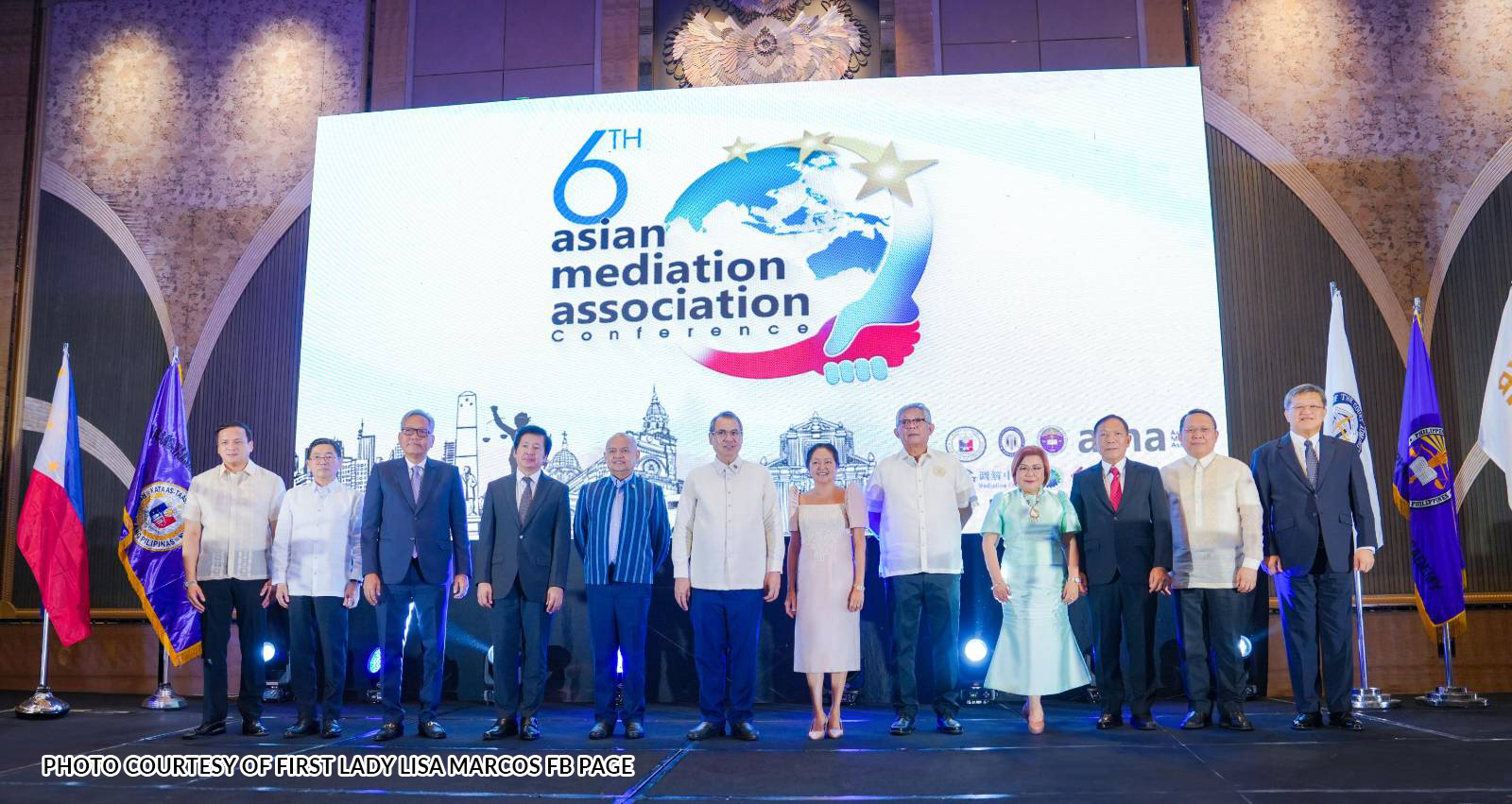President Ferdinand R. Marcos Jr. on Thursday warned the people against the threat and risks posed by fraudulent use of artificial intelligence (AI). The President said the government continues to monitor transactions in the digital space to protect the public against scammers and abusive online lenders,
“We continue to monitor very closely and do all that we can,” President Marcos said during an interview after attending the 85th Anniversary of the Securities and Exchange Commission (SEC) as Company Registrar at the SEC Headquarters in Makati City.
Marcos stressed the government must continue strengthening its efforts against people using AI for cyberfraud. “This is not a problem that is exclusive to the Philippines alone and that is some of the danger that people are starting to use AI, people are starting to use all the new, very powerful tools that are available to be used on the social media or on the internet in general.”
“The SIM card registration I think was a big step and I think we are getting to the point where we have disposed of or taken out of the system many of the SIM cards that have not been registered because they have been used for illegal purposes,” the President said.
Everybody, he said, must be “very, very watchful and careful” and also be aware of the new technologies that are being introduced to prevent the people from being duped by scammers.
Marcos advised the public that when people get a message and there is a deal being presented and it sounds too good to be true, they should proceed with caution.
“There is no such thing as 100 percent risk-free. There is no way to guarantee these enormous returns on what they are claiming, on the money that you put, that you give them,” he said.
“If the public is aware and knows and is able to spot because of the way that these scams are presented, then that is the best defense that we have.”
Asked by reporters about punishing scammer involved in such schemes, the President said anyone found guilty of promoting such scams will have to be dealt with using the full force of the law.
But the big challenge is finding those people who do not usually maintain identifiable offices or establishments while they operate, he said.
“These are people sitting in somebody’s basement with a computer, which they can just shut down, sell away, buy a new one, and keep going. So, that’s the trouble that we are finding now,” he pointed out.
“The best that we can do, there are certain instances, especially when they’re very large-scale that we can find exactly where it’s coming from. But again, it’s very movable — these are not offices, corporate offices in a big building.” PND




